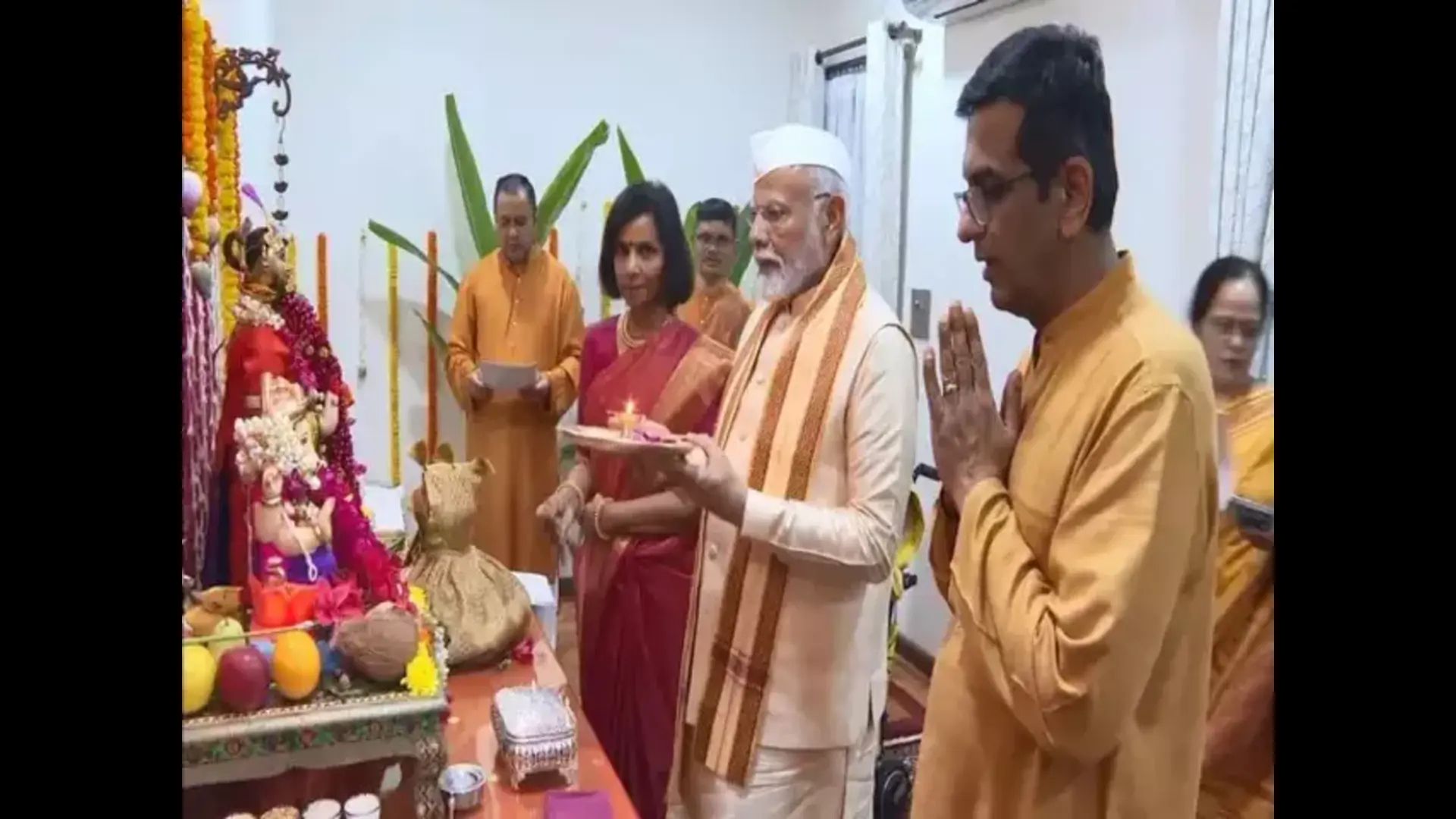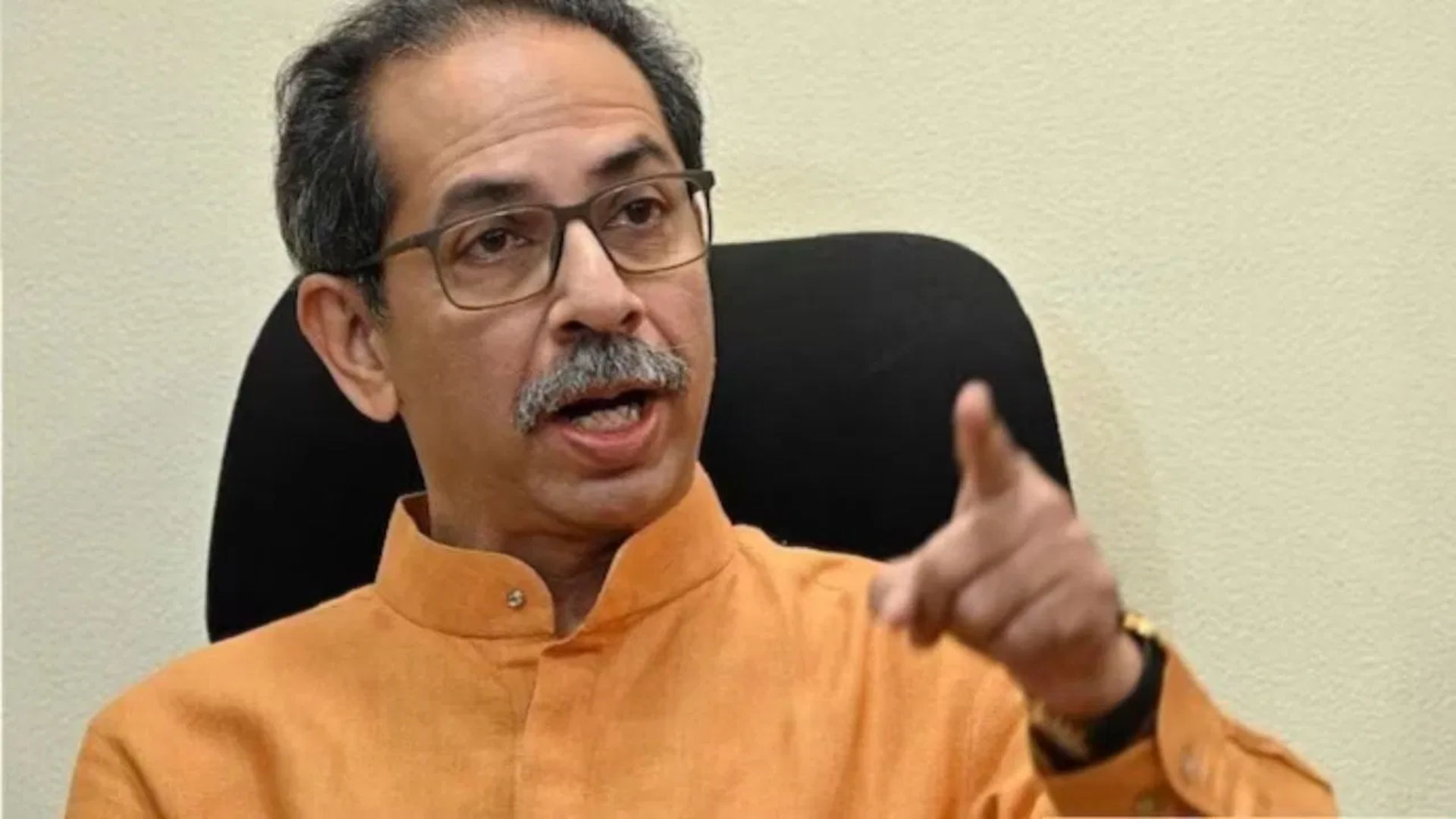
Parliament on Thursday passed a bill aimed at regulating the appointment and service terms of the Chief Election Commissioner (CEC) and election commissioners, with Law Minister Arjun Meghwal stating that the legislation was introduced in response to a Supreme Court judgment. The Chief Election Commissioner and other Election Commissioners (Appointment, Conditions of Service and Term of Office) Bill, 2023, was passed by Lok Sabha following a brief debate and had been previously passed by Rajya Sabha last week.
Major Opposition political parties did not participate in the debate on the bill, as 97 of their members were suspended for “misconduct” for the remainder of the Winter session.
The bill encompasses provisions for the appointment, qualifications, Search Committee, Selection Committee, term of office, salary, resignation and removal, leave, pension of the Chief Election Commissioner and other election commissioners.
Meghwal highlighted that the Election Commission (Conditions of Service of Election Commissioners and Transaction of Business) Act, 1991, lacks provisions regarding qualifications and the search committee for preparing a panel of persons considered by the Selection Committee for appointment as CEC and election commissioners.
Referring to a Supreme Court writ petition, Meghwal noted that the court declared the appointment of CEC and ECs should be made by the President based on advice from a committee consisting of the Prime Minister, the Leader of Opposition in the Lok Sabha, or the leader of the largest opposition party in the House, and the Chief Justice of India. He emphasized that the judgment stated this norm would continue until Parliament enacted a law.
“We are bringing the law for this purpose,” he stated.
Meghwal pointed out an amendment in the bill, specifying that the search committee would be headed by the Law Minister instead of the cabinet secretary.
According to the bill, the President will appoint the CEC and ECs upon the recommendation of a Selection Committee, which will include the Prime Minister, a Union Cabinet Minister, and the Leader of the Opposition or the leader of the largest Opposition party in the Lok Sabha.
The Bill is set to replace the Election Commission (Conditions of Service of Election Commissioners and Transaction of Business) Act, 1991.
Opposition members had earlier expressed serious concern over the provisions of the bill, asserting it was “one of the biggest blows to democracy” by the Modi government in the last nine years. Congress leaders remarked that there was a time when EC meant ‘electoral credibility,’ but today it signifies ‘elections compromised.’
How is the appointment of CEC and ECs done till now
At present, there is no specific legislative process defined in the Constitution for the appointment of Chief Election Commissioner and Election Commissioner. Part XV (Elections) of the Constitution contains only five articles (324-329). According to Article 324 of the Constitution, “The superintendence, direction and control of elections is vested in the Election Commission, to which the President from time to time appoints the Chief Election Commissioner and other Election Commissioners.
In March 2023, the Supreme Court declared Article 324 (2) unconstitutional and suggested the process of appointing the Chief Election Commissioner and Election Commissioners. The Supreme Court had said in its decision that the Election Commissioners should be appointed by the President of India on the advice of the Prime Minister, the Leader of the Opposition in the Lok Sabha and the Chief Justice of India.
After the new law, removing CEC is as difficult as removing an SC judge.
After the new law is made, a selection committee will be formed for the appointment of the Chief Election Commissioner. The Prime Minister will be the chairman of this selection committee. The Leader of Opposition in the Lok Sabha and a nominated Union Minister will be its members. A panel will be formed to consider the appointment of the Chief Election Commissioner and Election Commissioners. This panel will be chaired by the Law Minister. This panel will search for five officers eligible for the appointment of Chief Election Commissioner and Election Commissioners and will prepare a list of names and send it to the committee headed by the Prime Minister.
On the panel of these names, the Prime Minister, the Leader of the Opposition and a nominated member minister will deliberate and select the final names and send a recommendation for appointment to the President. The President will issue the appointment letters after final consideration on Recommendations of the Committee led by PM.















